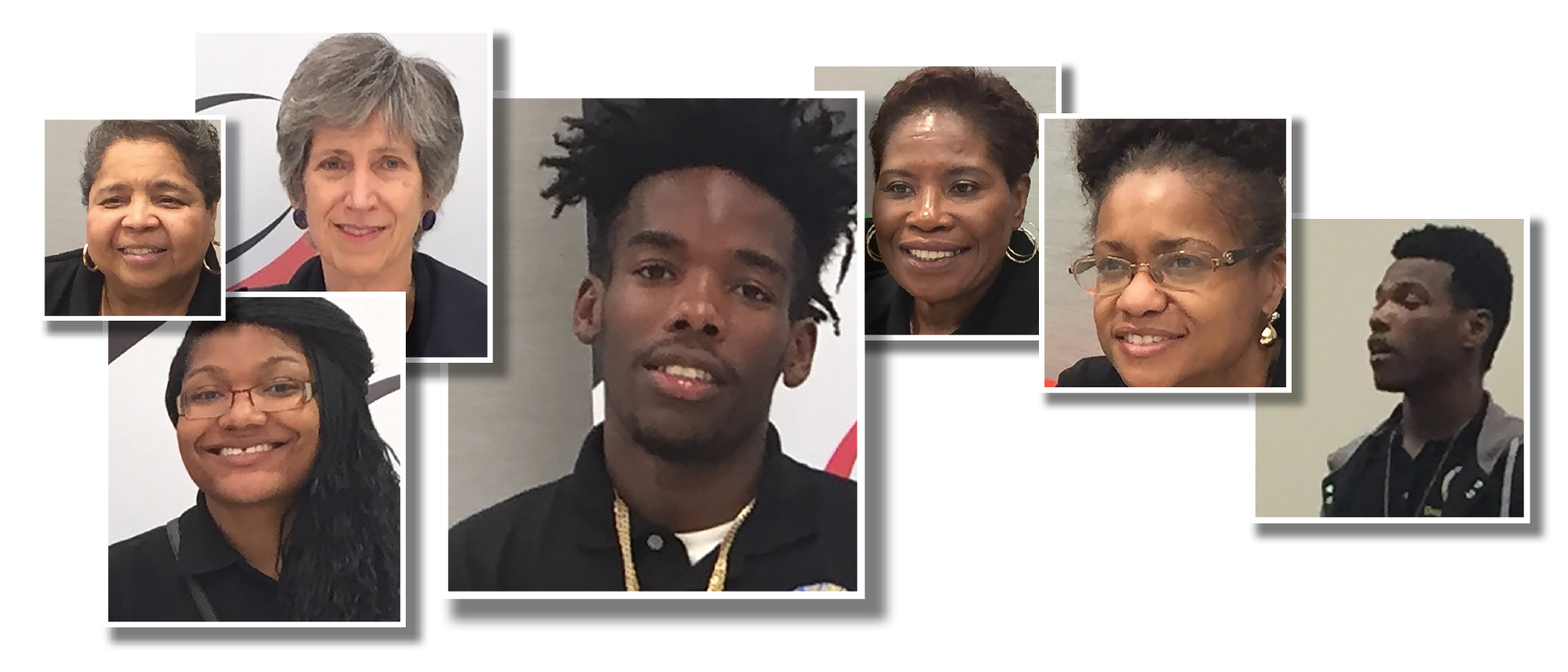When Rev. Brenda Adele Collins Sheriff was 16-years old, she was peacefully walking with her family at Rainbow Beach at South Shore on a warm summer evening. When they returned to their car, they found the tires slashed. Sheriff recalls her father talking to police, who told them to go home since they “shouldn’t be over here.”
In 1961, the National Association for the Advancement of Colored People (NAACP) had already started a strong fight against segregation and made Rainbow Beach a battleground for racial equality. Sheriff now strives to make the NAACP as strong as it was when they were fighting de facto segregation in the 1960s.
Since 1909, the oldest grassroots-based civil rights organization in America has helped communities in many ways, from registering voters to fighting against discriminatory laws. Sheriff has been working to restore the NAACP`s power and public recognition that seems to have been lost in the past few decades.
“I noticed that most of the active members were seniors,” Sheriff said, “and I did not want [the NAACP] to die on my watch.”
Sheriff, 71, stated that her goal is to attract younger members to be active in this group. She has been a card-carrying member of the NAACP since her teenage years, but the 2006 death of her cousin Elva Garner – an active member of the association – pushed her to become more involved with the organization to maintain her family’s legacy.
Born in the segregated town of Cowan, Tennessee, Sheriff moved to Chicago in 1957 and has dealt with racial issues her entire life.
“The situation that the United States is in right now reinforced what I already knew: racism is not dead,” she said.
Recently, Sheriff introduced Andra Medea, a nationally recognized conflict expert, to the NAACP and started an initiative to teach youth how to de-escalate conflict and recognize potentially dangerous situations before they get out of hand.
One concept Medea discusses is “flooding” – the physical and emotional responses that we suffer when we feel out of control – and how to differentiate healthy conflicts from unhealthy, dysfunctional, or predatory ones.
“[The goal is] teaching professionals – whether it’s a teacher, whether it’s a policeman – to read the signs when something is about to get out of hand and how to better handle that situation…so that the outcome is not violent,” Sheriff explained.
Medea has started a Crowdrise campaign to fund community projects that will teach de-escalation methods to youth at NAACP`s Southside Branch.
“Our target group is young kids in the neighborhoods,” Medea said. “[De-escalation] is a skillset that can change lives.”
These skills include teaching today’s youth how to properly identify what types of conflict they observe by noticing physical and verbal cues. This will enable them to distract themselves from the growing conflict in order to activate different parts of the brain, which will appease threat signals and jump-start rational thought.
The NAACP has also been pushing to introduce obligatory de-escalation training for U.S. police departments in order to minimize police violence.
Sheriff believes the Chicago Police Department`s new superintendent Eddie Johnson “seems to be open to non-traditional methods of providing the protection and service that they are sworn to do.”
The NAACP is hoping that Johnson`s revitalization of the dormant Chicago Alternative Policing Strategy (CAPS) will show civilians and law enforcement professionals simple techniques that can change violent communities from within.
The NAACP has a history of changing not only the public’s view of the African American community, but also the behavior of the government towards it. In 1954, the organization won the Supreme Court case Brown v. Board of Education, which outlawed segregation in public schools. Now Sheriff and Southside Branch`s president Rose Joshua strive to keep the legal fight going with the help of many influential Chicago politicians, artists, and pro-bono lawyers.
Sheriff also said that one of the main struggles of the organization today is its lack of celebrity personalities, which diminishes attention from the media and lowers public endorsements. The last time the NAACP had a press conference to protest an issue, “the aldermen were the ones in the front and the NAACP was in the back.” The NAACP constantly takes the sidelines of news stories as a present organization rather than an active one.
Sheriff and Joshua have reached out to celebrities who want to improve Chicago neighborhoods to help with events, attract youth, and garner media attention. One such celebrity is Matt Forte, drafted by the Chicago Bears in 2008 and now the running back for the New York Jets. He participated on NAACP`s de-escalation event in November 2016.
Sheriff is dedicated to find new ways to make Chicago a safer place with the help of volunteers and NAACP members. “I want to have no regrets once I go,” she said. “I want to have helped everyone that I can.”



